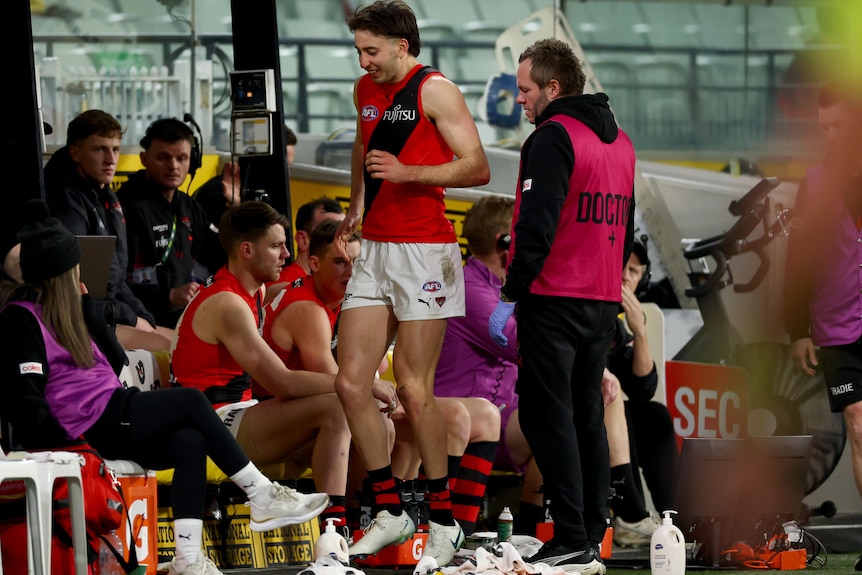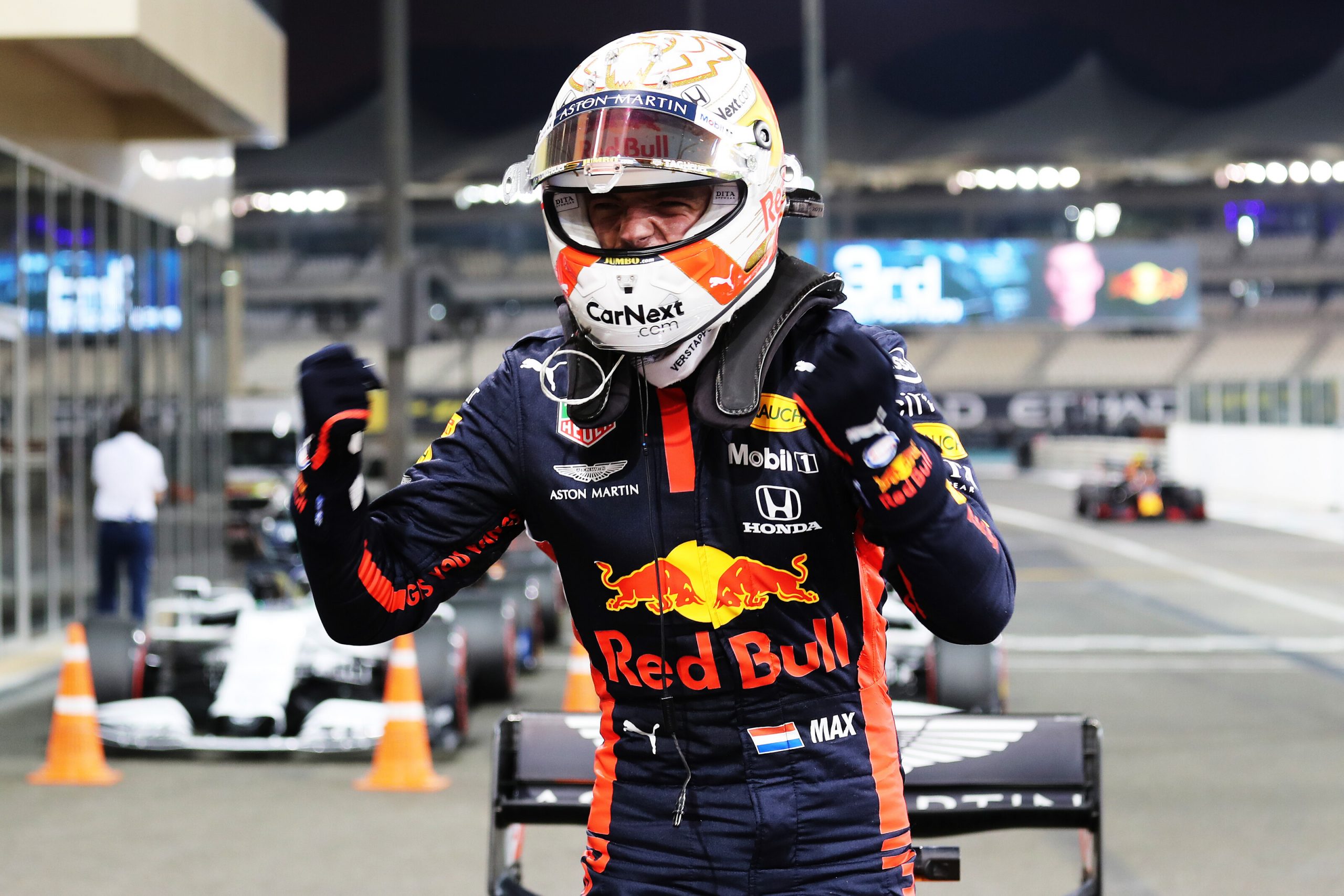by Marnie Vinall
Player injuries are costing AFL clubs millions of dollars, as experts say club medical and performance departments are being put under strain when hit with a plethora of injuries across a season.
New research has highlighted the financial impact of injuries in the AFL, with one club losing $13 million over six seasons, nearly 17 per cent of its total player salaries.
Led by the University of Canberra’s Research Institute for Sport and Exercise, the study analysed one professional AFL club over six seasons and found injury-related absences accounted for around 20 per cent of all possible matches lost, with hamstring injuries alone costing $2 million over that period.
The study suggests the AFL’s soft cap — despite recent increases — still limits the investment in injury prevention and medical staffing, restricting clubs’ ability to fully implement injury prevention strategies, ultimately driving up costly injury-related losses.

This year Essendon was hit by a highly publicised injury crisis and was forced to roll out a record-breaking 15 debutants with more than 30 per cent of the senior list unavailable at times.
Sixteen senior players ended the season on the injury list, which included some unlucky injuries such as Harry Jones’s ankle dislocation as well as repeat soft tissues injuries likeJordan Ridley’s hamstring strain and four ACLs.
For numerous weeks throughout the season, Essendon coach Brad Scott spoke about reviewing the club’s medical program, investigating how it prepares its players and allocating extra resources to the under-fire strength and conditioning program.
Essendon has been hit with an injury toll that has rarely been seen in professional sports. ABC Sport spoke to a physiotherapist to help gain an understanding of the various factors that result in professional athletes getting hurt.
The club announced in July that high performance boss Sean Murphy would finish up when his contract expired at the end of the season replaced by Dr Mathew Inness from West Coast.
Nick Kane, who finished working at Essendon in February after 10 years, five of which he served as lead physiotherapist, said when senior players get injured the loads then increase on other and particularly younger players, who might not be ready for such demands.
“The other side of the coin is potentially most clubs are staffed to handle a range of anywhere from five to seven injuries at a time, but anything above that starts becoming very difficult to really manage every one of those players to the detail and effectiveness that they need,” said Kane, who has founded an organisation aimed at better education for physios and rehab specialists.
"So then you’re talking about the physios and the rehab staff and high performance staff being overloaded with eight, 10, 12 people in rehab … it can lead to a sort of tipping point, where it becomes a really big impact on the team’s output and performance.”
Kane said Essendon staff and physios would have been feeling immense pressure.
“They’d be doing their very best work. And they are very good staff, because I know them and very good at what they do,” Kane said.
"But ultimately, same with any role, when you [get] completely swept under and in this case the demand of what’s needed is probably greater than what you have from a staffing number to be able to deliver that, it gets to a tipping point where it boils over a little bit.
"So for them, it would have been quite a difficult process throughout the year to keep it going. I think they’ve done a really good job with the resources they’ve got.”
Matt Turnbull, author in the study and former head of performance at North Melbourne, says indirect costs like salaries probably well exceed direct costs, such as healthcare, scans, seeing external doctors and surgeries.
“What we’re looking at there is the cost of productivity loss or the cost of absenteeism — and so in the context of sport, it’s the cost of a player missing a match due to injury and illness,” Turnbull said.
The most costly injuries in the study were hamstrings, biceps, femoral strains, concussions and soleus (calf) strains.
“What it does is it helps us determine where to target our resources,” Turnbull said.
"[And] what we do know about injuries now is that once there’s an index injury in a season, meaning the first injury someone sustains, their risk of subsequent injury is much higher than even a recurrence.
"So that is, their risk of injuring their calf while they’re returning from a hamstring injury is quite high. So putting more emphasis on preventing injuries in the preseason is really important.”
Kane said, ultimately, the increase of injuries to a club means the less likely they are to have on-field success.
“Likewise, when it comes to the individual level for athletes, every injury they experience throughout the year, the chance of them reaching optimal performance decreases,” Kane said.
“So ultimately, when we talk around injury [and] injury prevention, what we’re talking around is ultimately player availability and the impact that has on the team’s success, which can be really significant.”

